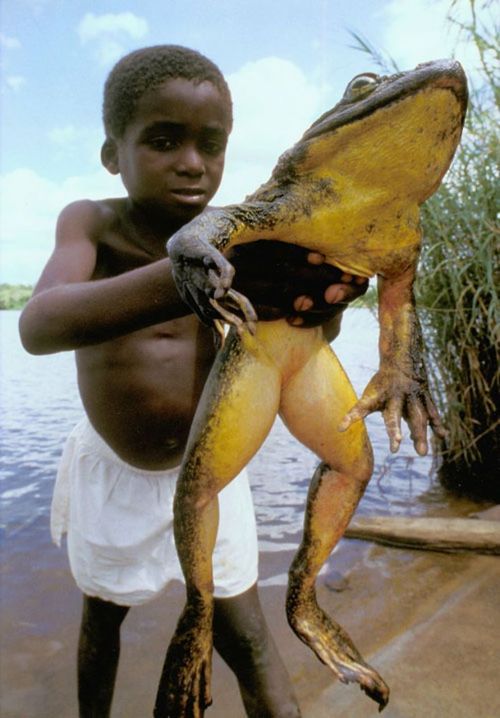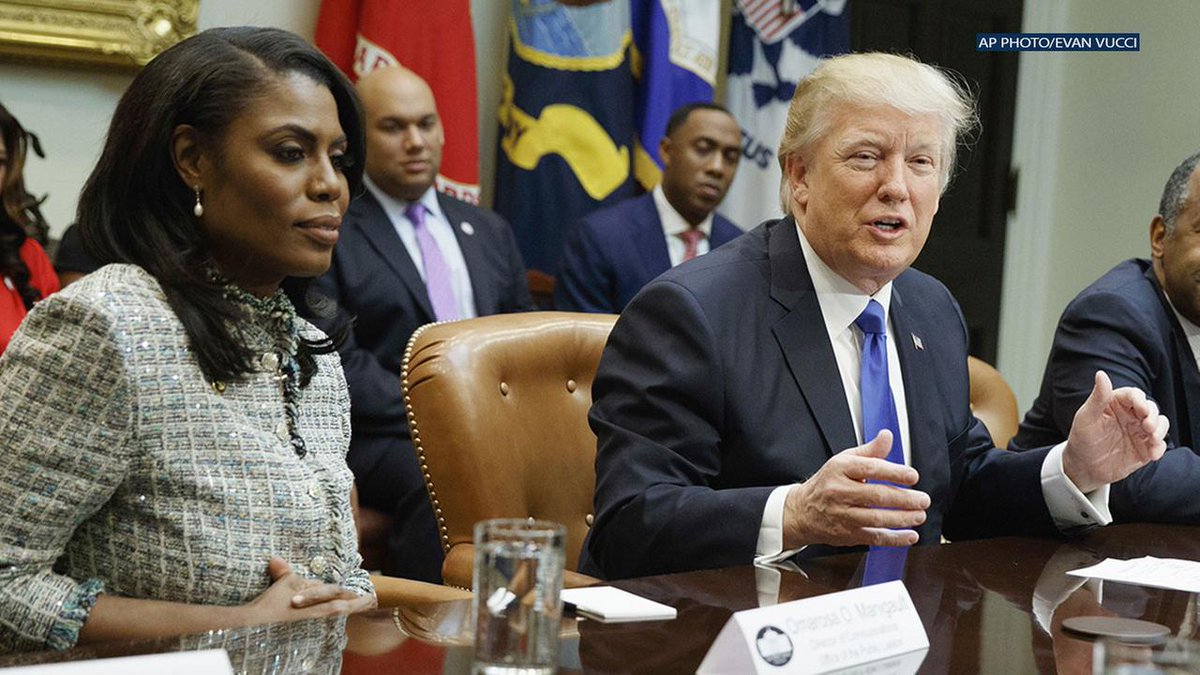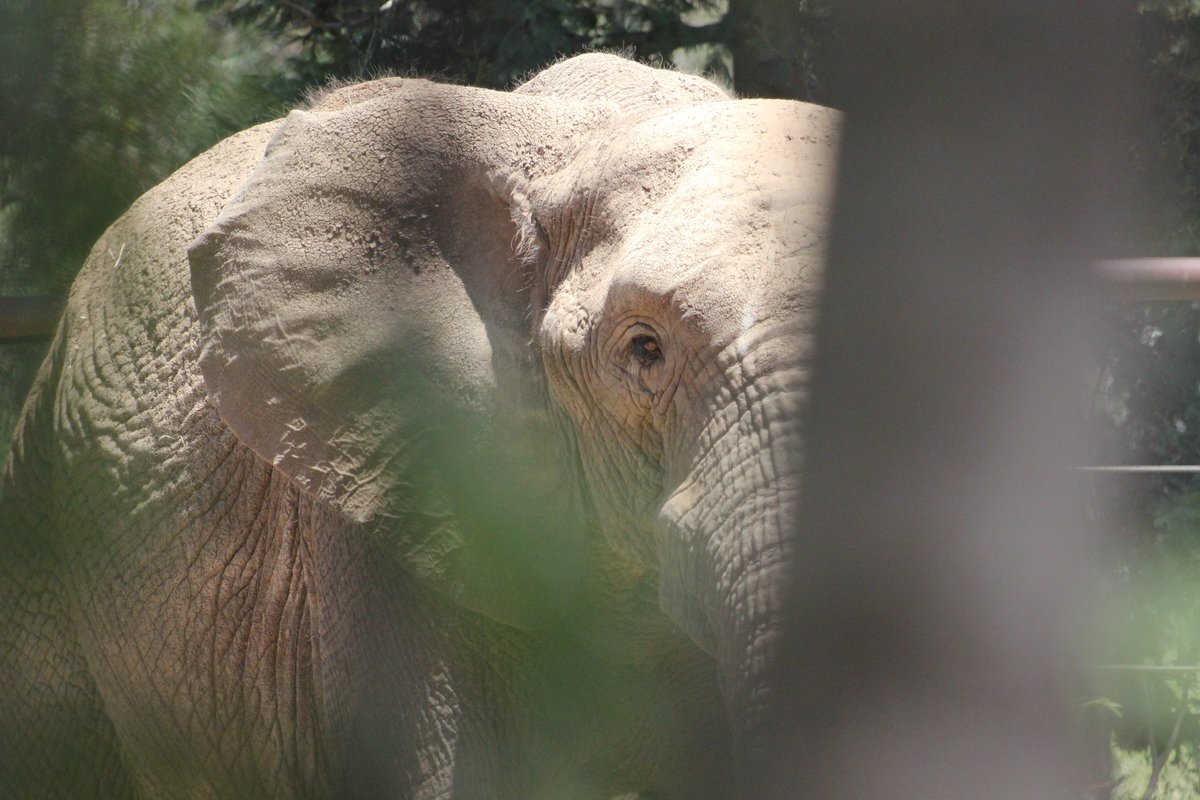
You might remember 1990 as the year Nelson Mandela was freed, Margaret Thatcher resigned, George H.W. Bush sent U.S. troops to face-off against Saddam Hussein. But in the small town of Angels Camp, California, 1990 will always be remembered as the year THIS thing came to town... 

This, my friends, is a goliath frog, a native species from Middle Africa that has been known to feast on turtles, birds and bats. Essentially, what you’ve got here is a frog the size of a really fat house cat. And when Andy Koffman heard about them, he had a Grand Idea. 

Now, let’s get something straight: That’s Andy Koffman, the animal importer, not Andy Kaufmann, the comedian. Both men dealt in the bizarre, though. And both, as it happens, made themselves known to the world on Johnny Carson’s show.
Andy Koffman’s Grand Idea was to go to Cameroon, pick up some goliath frogs, and enter them into the Calaveras County Jumping Frog Jubilee, and win $500. (Yeah, I said it was a Grand Idea. I didn’t say it was a Good Idea.)
The folks in Angels Camp weren’t happy when they learned the world’s largest frog was going to be entered into their competition. Not because they were afraid of losing, but because they were afraid the goliath would EAT THEIR FROGS. This was not an unreasonable fear. 

Andy Koffman’s Grand Idea came up short. Like, real short. His goliath frog jumped nearly 8 feet in the Calaveras County Jumping Frog Jubilee of 1990, but a regular ol’ bullfrog named “Help Mr. Wizard” jumped more than 19 feet.
articles.latimes.com/1990-05-21/new…
articles.latimes.com/1990-05-21/new…
Most folks in the U.S. didn’t hear much more about goliath frogs after the Great Goliath Frog Jumping Debacle of 1990. That’s too bad. Conraua goliath sure could use some positive attention. There aren’t many of them left.
iucnredlist.org/details/5263/0
iucnredlist.org/details/5263/0
Goliath frogs only exist in southwestern Cameroon and northern Equatorial Guinea, where they’ve been widely hunted for food, and are suffering under the pressures of agriculture, logging, human settlement, and the sedimentation of breeding streams.
Knowing what an order of animals is capable of in the extreme helps us better understand the order as a whole. Yet from egg development to mating and spawning behaviors, and even basic things like how long it lives, there’s a lot we don’t know about the world’s largest frog. 

What might have happened if the goliath frog had won the Calaveras County Jumping Frog Jubilee? Perhaps it would have exacerbated the species’ problems. Or maybe it would have set into motion a popular movement to save the world’s largest frog. We’ll never know.
From koalas to spotted owls to three-toed sloths, the animals we decide are "worthy" of saving are a rather random group. Sometimes the difference between life and extinction for a species comes down to one person having a Grand Idea.
What's yours?
/end
What's yours?
/end

• • •
Missing some Tweet in this thread? You can try to
force a refresh









